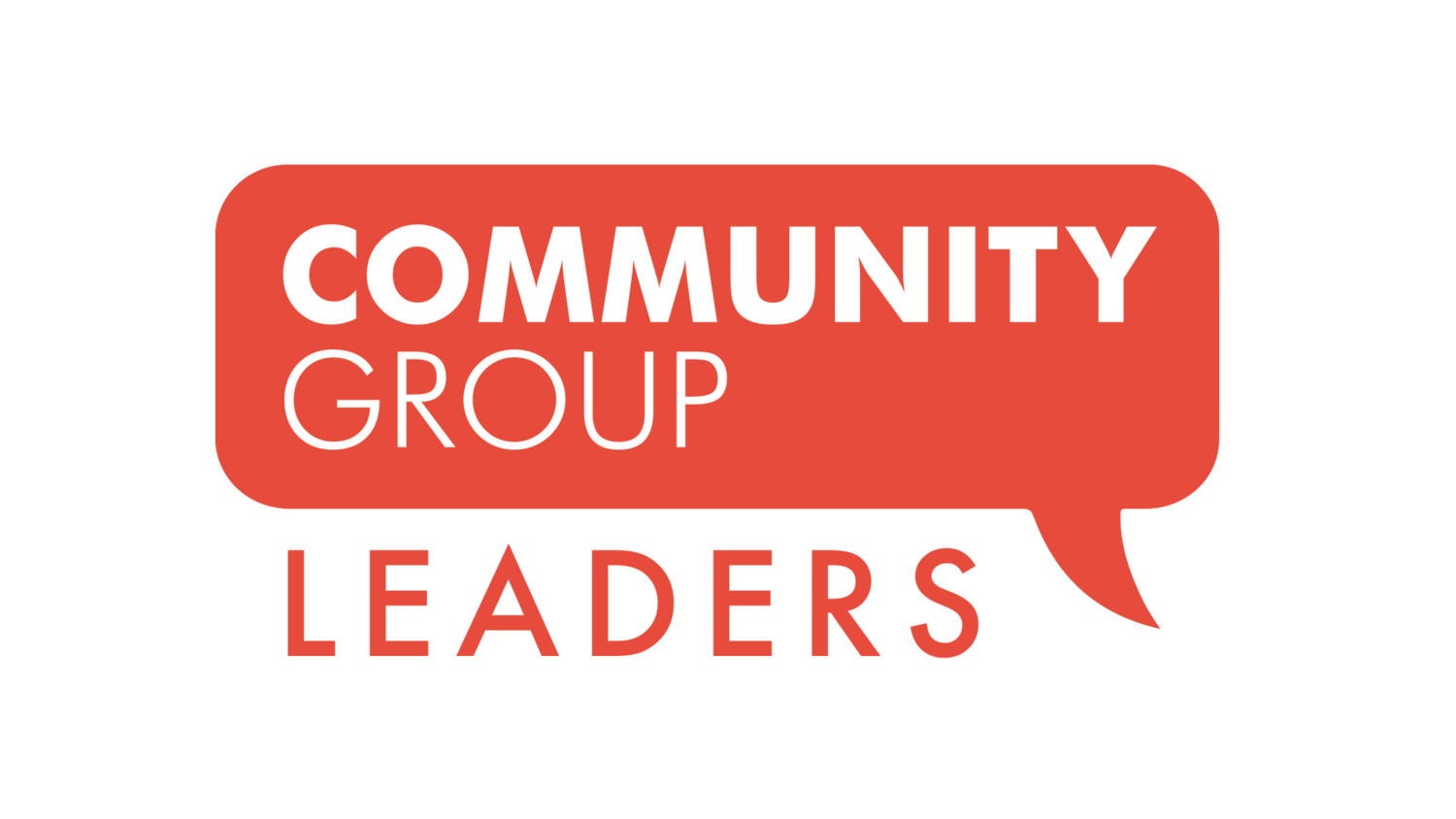Please Read & Test Playing The Videos Below Before Leading Discussion This Week
This week we are mixing things up in our groups! We will be learning about one of our Northridge Beyond Partners, Hope International, and learning what God is doing in Malawi through savings group ministry. We’ll also discuss how our own groups care for one another like these savings groups.
Discussions are centered around watching and discussing 2 videos, as well as discussing Isaiah 55 and some comments from savings group members in Malawi.
In order to make sure you discussion goes smoothly you’ll want to make sure you test ahead of time how you will play the videos in your group. You can find the videos posted below and in the notes. We have several discussion questions that build off of what you’ll watch in these short videos.
If you have questions, reach out to your Coach.
Video 1 - How Hope International Partners With Churches To Fight Poverty
Video 2 - How to Pray For Hope International Malawi
Want more info on savings groups, how they work, and how they work to share the gospel?
Check out the details below or email Michelle Gerringer.
Hope International is explicitly Christian and Gospel focused: https://www.hopeinternational.org/about-us/our-mission
Hope International partners with local churches in impoverished communities all around the world to train volunteers and church leaders to share the Gospel and administer savings and loans groups. People join a savings group and commit to contribute a set amount each week to a group fund that members can use to take out loans. It's a powerful strategy for equipping people to have access to capital for business ideas that they would otherwise have no opportunity to access.
So if you have a 10 member group, each member might contribute $1 a week, which adds up to $520 a year for the group fund. A member of the group might apply to take a $50 loan to buy a cow for milk and cheese to sell at market. The rest of the group has to vote to approve the loan, then the recipient pays it back over time (sometimes with interest, sometimes not). But this shared savings model is the gold standard for creating businesses and jobs in regions with no banks.
But the financial part is just a small feature. The goal of these groups is to create church-led community and relationships. You can think of their Savings groups as community groups with financial accountability. Every single meeting begins with a time of fellowship (called the Welcome), praise and singing (Worship), and a time of Bible study (the Word), before they get into the savings group part (Work) and announcements and planning (Wrap-up). These are their 5 W's.
The groups are led by local churches, but not every member has to be a Christian to participate. But they still participate in the Bible study and worship time, with the Gospel regularly shared by the facilitating leadership. In some areas, everyone is a Christian this is a great tool for discipleship. In other areas, 20-30% of the members of the groups might be Muslim or other non-Christian, and these groups become an Outreach tool for those local churches. Most people who attend savings groups do not know that Hope International exists, they just know that the pastor of their church is hosting a group that can help them pray, praise, and save together.
Northridge’s donations do NOT go to the loans. The savings groups raise their own money for the loan pot and they decide how to give out loans and for what activity. Our donations provide all the training, curriculum, and leadership that help develop and train all the church leaders to integrate this model into the life of the local church. It's like how we offer Financial Peace University and other equip classes. The end result is that churches have robust community groups that offer financial accountability and help the poorest of the poor steward well their resources.
That's the power of this model! When Hope leaves, they leave behind equipped churches and groups that operate without outside funding. So we are contributing to pastoral training, the equipping of churches, and other things those local churches might need to support their ministry with these groups.
Below are some links that get more into the nitty gritty of the model:




